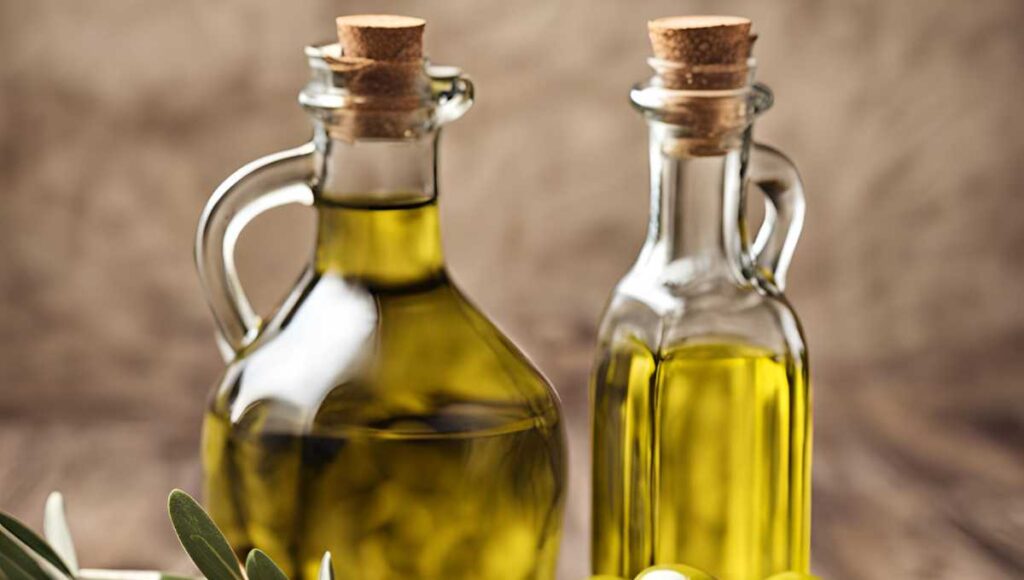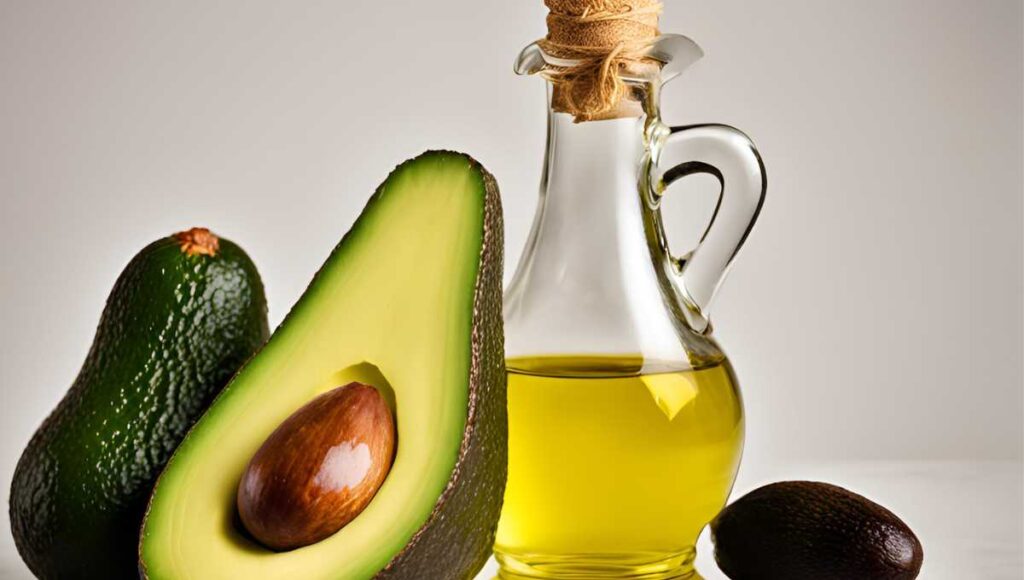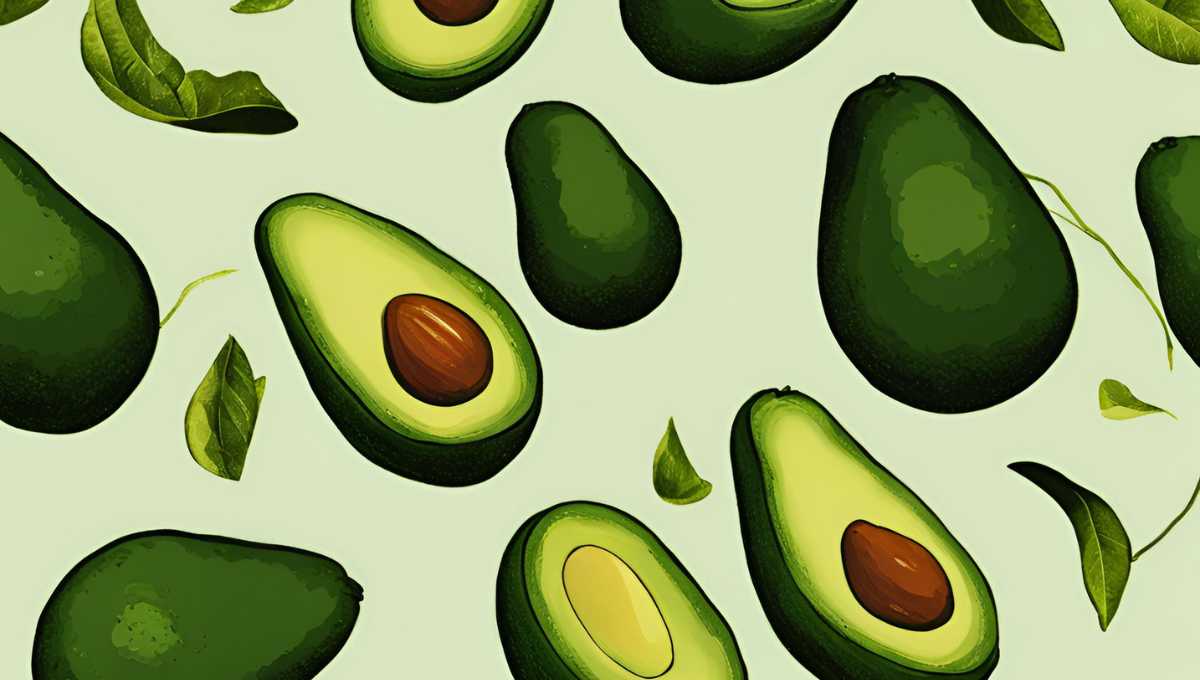Introduction
Avoide processed inflammatory oils like canola oil, sunflower oil, safflower oil, and soybean oil. I say replace those in your cooking and the food you eat in the middle aisles with extra virgin olive oil, avocado oil, virgin coconut oil, and grass-fed ghee – the better for you oils. But a lot of people say that’s great, but when do I use them? How do I know when to use extra virgin olive oil versus avocado oil? When do I use ghee versus virgin coconut oil?Lets talk about it.
Lets start with extra virgin olive oil
- Extra virgin olive oil is excellent because it’s natural, not processed, non-inflammatory, and packed with polyphenols and antioxidants.
- You typically use it when you cook raw dishes.
- you don’t necessarily cook with it.
- I’ll use it to make a really good dressing.
- Rose has an amazing recipe for a maple horseradish dressing and we put extra virgin olive oil in there – it’s phenomenal.
- When I make pasta, I drizzle extra virgin olive oil over the top to add a fresh fruity or spicy flavor.
- Despite myths about its low smoke point and potential for becoming carcinogenic when heated, I still use it for cooking.
- Total fake news.
- I use this to cook all the time, but I don’t do crazy high-heat cooking with it.
- For example, when I made chicken saltimbocca and I wrapped the chicken breast in prosciutto and pan-fried it in my cast iron pan.
- I used extra virgin olive oil for cooking.
Avocado oil
- Avocado oil is fantastic because it’s neutral, meaning it has no flavor, which makes it the perfect swap for canola oil.
- Canola oil is neutral, has no flavor, and is used for high-heat cooking.
- Anytime you would use canola oil, swap it out for avocado oil.
- It’s anti-inflammatory and actually good for you.
- Canola oil is genetically modified, processed a lot, refined heavily, and can cause inflammation.
- If a recipe calls for one cup of canola oil while you’re baking, swap it with avocado oil.
- It’s the perfect swap.
How I use it in cooking as cooking oil
- I’ve made Chick-fil-A tenders and pan-fried them in avocado oil instead of canola oil.
- I’ve also made salmon cakes and fried rice in avocado oil.
- I seared pork shoulder for pulled pork in my Instant Pot with avocado oil.
- It’s heart-healthy, anti-inflammatory, and a perfect swap for canola oil.
In This Post
ToggleGhee, grass-fed ghee
- Ghee, grass-fed ghee, is fantastic.
- My favorite brand is Fourth and Heart.
- Ghee is like butter but better – it’s pure milk fat.
- The way they make ghee is by cooking butter until the milk fat separates from the milk solids.
- This is pure milk fat with no casein or lactose and has a toasty, nutty flavor.
- We use it all the time.
- Desi bakes with it, and I make pancakes with it.
- It’s also great for making tuna melts and braised cabbage and pork. Ghee is fantastic.
coconut oil as cooking oil
- If you have the choice between virgin coconut oil and refined, always get virgin.
- Virgin coconut oil is produced by pressing coconut without heat or refining it.
- The refined version is overly processed, leading to inflammation.
- It’s a great option if you’re avoiding dairy.
- Desi recently used it to make frosting for hot chocolate cupcakes.
- It’s rich in lauric acid, which is very beneficial.
- Despite its previous bad reputation, coconut oil is actually a healthy saturated fat.







